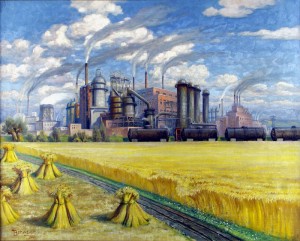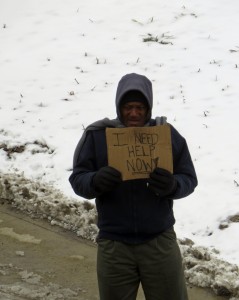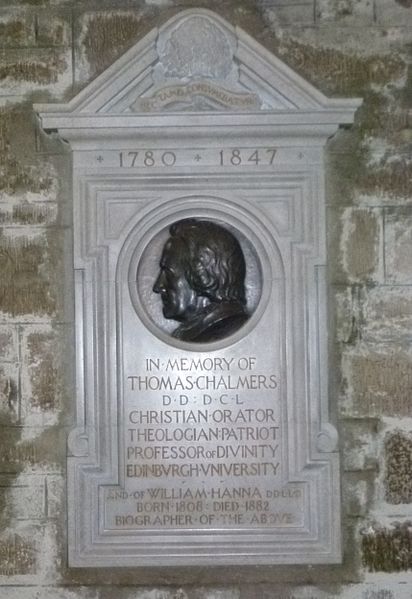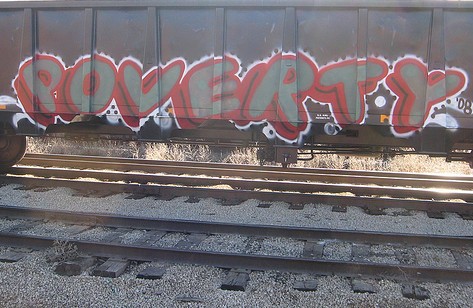“It’s not about data. It’s about knowing your people and the city they live in.”
That’s what one of our new friends at Redeemer Presbyterian Church told me and 11 other ministry leaders as we settled into five weeks of intensive training and development. For the month of September 2013, my wife, our three year-old son, and I left our spacious home and backyard in Nashville and traded it for a 600-square-foot apartment overlooking the concrete jungle of downtown Manhattan as we participated in Redeemer City to City’s International Intensive.
Gratefully, Redeemer did not mandate that we adopt their ministry expression from New York City, demand that we speak “Tim Kellereeze,” or claim their content and books as a golden, quick-fire solution to the rapidly secularizing West.
Rather, they encouraged us to hold our theological and biblical convictions tight, love our people, and know the underlying story of the city we minister in. These first two concepts are rather instinctual to pastors, but what about “knowing the story of your city?” What does that even mean?
In a more popular term, this is called ethnographic research.
Let’s look at it this way. Pastors know their Bible and how to teach from it, but as far as understanding their city and the way it shapes the hearts, minds, beliefs, and desires of their congregants, many are oblivious. Christianity demands that we have enough diligence to understand our city’s story, lovingly confront it, and retell it with the gospel.
All ministers are visionary storytellers. In one way, theological communication is telling people of a historical story that has direct and immediate implications for the present and ultimate future of all people.
But you cannot tell humanity’s first story―the story of God’s rescue―without knowing your people’s second story ‒ their dominant, current reality with wants, hopes, desires, and dreams. That’s why knowing the story of your city is so important. So much so, Redeemer said there is no substitute for it.
In light of this, here are some suggestions for how to know your city’s story:
- As much as is possible, you need to live in your context. Experience the story for yourself. Don’t commute in to it.
- Do several ethnographic interviews with local experts in different fields. Ask them what they love, hate, and want changed about their city. Ask them what they need in a church. Ask about their hopes and fears. Listen and interpret. Keep a journal of answers and study to see if trends emerge. Ask for referrals of other people you might interview.
- Where do your people work? What do they do? How does it relate to the city’s story? How does their daily work serve the city?
- Learn the anatomy of your city. What drives the economy? What different industries have natural crossover? How does that change the pace, timing, hopes, and trajectory of your city?
- Walk around your neighborhood, praying and observing.
-Where are the blighted areas, and why are they in that state?
-What value do people place on personal possessions?
-What tends to bring people together?
-What community events are posted on bulletin boards, etc? - Look at advertisements, headlines, and local businesses. What’s targeting their hopes and fears?
- We have been shaped by churches, pastors, and theologians. Know your influences and how they both help and serve as a liability. Make sure you see your city with new eyes, and not the eyes of your seminary or previous ministry post.
- Do not do this alone! Have your members and leaders walk their parts of the neighborhood and do their own interviews with people. Make it a leadership training event.
If you are diligent as a learner, you should soon be able to pick up the baseline story that your city lives by. Then you will be able to lovingly confront its false hopes and more skillfully offer the ultimate goal of all of humanity’s longing ‒ the loving provision of God through Christ.
Knowing your city’s story will help you love it to life and flourish.
Brandon Addison is a graduate of Covenant Seminary with designs on becoming a church planter in Boulder, Colo. Learn more at The Boulder Project. From the Kern Pastors Network. Image: “Industrial Plant,” Behrens. Courtesy of the Grohmann Museum at the Milwaukee School of Engineering.












